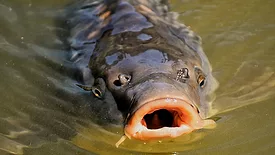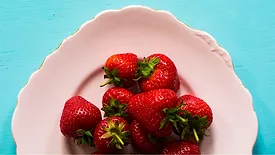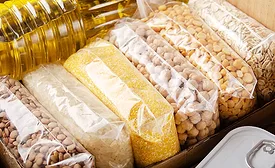Home » PFAS
Articles Tagged with ''PFAS''
By identifying which manufacturing steps have a higher likelihood of introducing PFAS into the product, manufacturers can focus their monitoring efforts on those weak areas
Read More
The Window on PFAS is Closing 'PFAST'
State action on PFAS is ongoing, and many states are currently seeking to adopt new rules for PFAS in food packaging or expand the scope of existing laws
August 7, 2024
Never miss the latest news and trends driving the food safety industry
Newsletters | Website | eMagazine
JOIN TODAY!Copyright ©2026. All Rights Reserved BNP Media.
Design, CMS, Hosting & Web Development :: ePublishing












